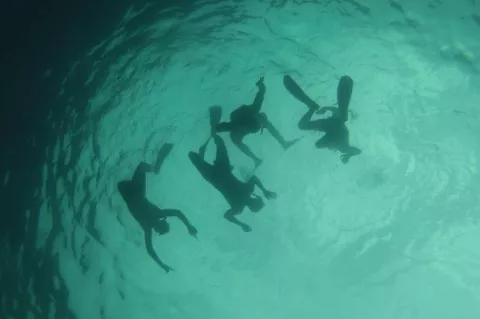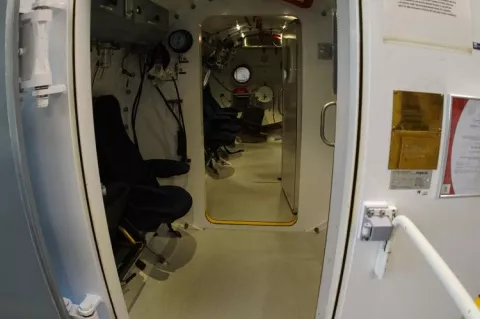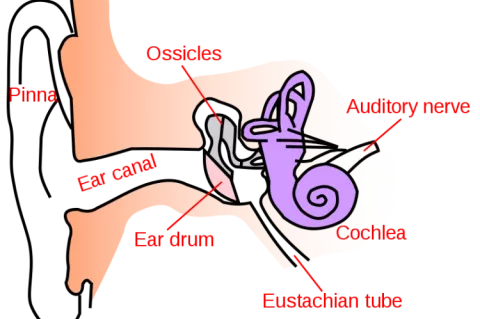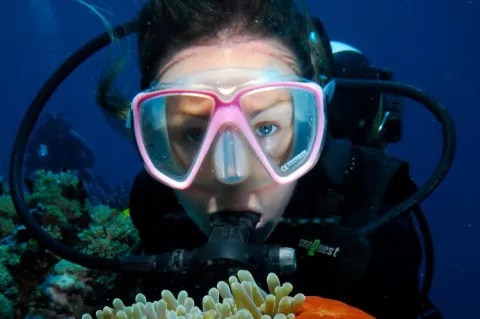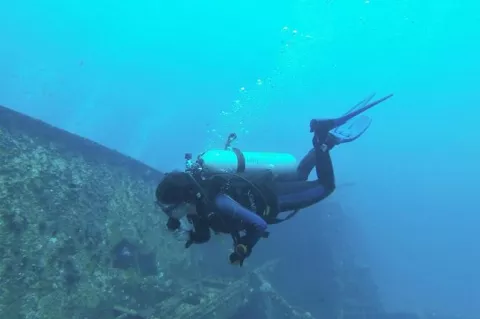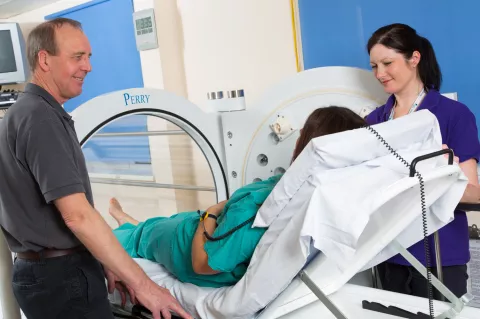Larger spleen enables Bajau to remain underwater longer
The Bajau are an indigenous people in parts of Indonesia renowned for their breath-holding ability when diving for food. They have been known to dive up to 70 metres using nothing more than a set of weights and a pair of wooden goggles.
Previously, scientists have speculated on whether dive capacity is related to spleen size, though no formal studies have been done on humans on a genetic level.

